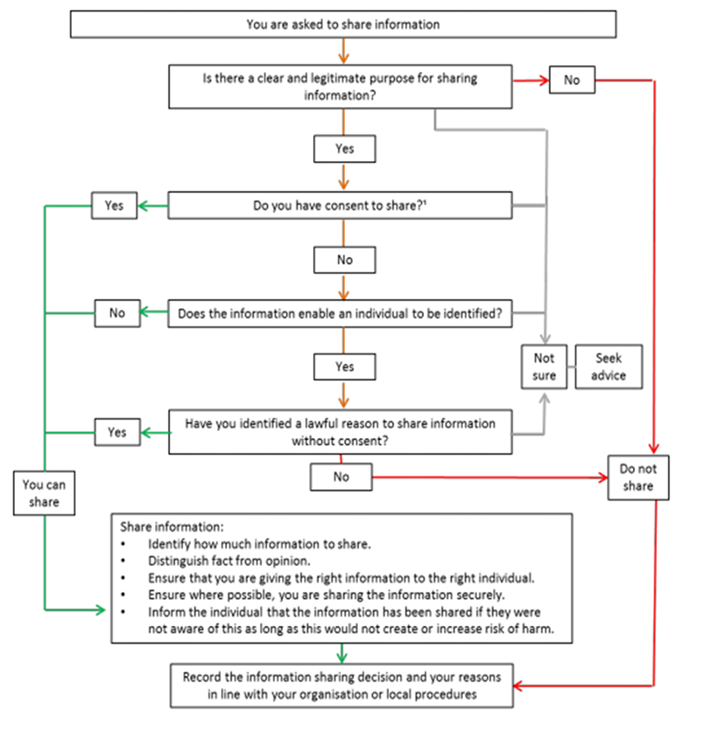Confidentiality and Information Sharing Policy
Confidentiality
Confidentiality is of the utmost importance and is especially critical given the vulnerable status and complex needs of Safe Space Housing service users.
Matters concerning the internal affairs of Safe Space Housing, including personal details of staff and service users should not be shared outside of the organisation.
In relation to service users’ personal details, background, and any safeguarding issues, this information should be kept between the relevant Support Worker and the management team, except in extenuating circumstances.
In accordance with the General Data Protection Regulation (GDPR) and Data Protection Act 2018, any records, support plans, or other documentation containing sensitive and personal information about service users should be stored securely (password protected for soft copies, in a lockable cupboard or room for hard copies), and destroyed appropriately when the
information is no longer needed.
Confidentiality should not be mistaken for secrecy. The principles of confidentiality are in place to safeguard and promote the interests of service users and should not be confused with those designed to protect the management interests of the organisation. If the principles of protecting the interests of an organisation are at odds with the welfare of service users, the welfare of the latter must take precedence.
Information Sharing
In certain circumstances, it may be necessary to share and disclose the personal/sensitive information of our service users. This is permitted under legislation, provided that the following
provisions are met:
- Information is shared on a strictly “need to know basis” and is in the best interests of the service user.
- Consent from the service user should be sought where possible
- Only information that is necessary, relevant, timely, proportionate and accurate should be shared
- A comprehensive record of the information shared and with whom should be maintained
- The mental capacity of the service user has been taken into account and a decision made accordingly
Consent
Wherever possible, the service user must give informed consent for their information to be shared, this means the service user is fully aware of and understands:
- What specific information will be shared and how
- Who will be told
- What will happen to the information
- Why the information is being shared
There are occasions when information needs to be shared whether consent is given or not:
- There is a legal obligation to do so e.g. court order
- For statutory requirements e.g. notifiable diseases
- A crime has been committed
- There is overriding public interest, e.g. the service user or others are at risk of abuse and/or neglect – this includes the following circumstances:
- When there is actual or potential risk of significant harm, e.g. when the act of seeking consent would itself place the adult or another adult / person at risk of 'significant harm’
- When the referring agency has made a professional judgement that an adult is at risk of significant harm and seeking consent or the refusal of consent is likely to increase the risks to the adult, or potentially compromise a safeguarding investigation
- When professional judgement is that there is a need to share information to build up a picture to determine whether or not an adult is at risk of significant harm and making the adult or other parties aware of this process may, in itself, increase those risks
- When an adult deemed to have mental capacity is refusing consent, and such refusal places them or others at risk of significant harm.
The flow chart below provides a useful overview of the information-sharing process and deciding whether to share information.
If staff are concerned or unsure about sharing information, they should seek advice from the Service Manager.

© Safe Space Housing

